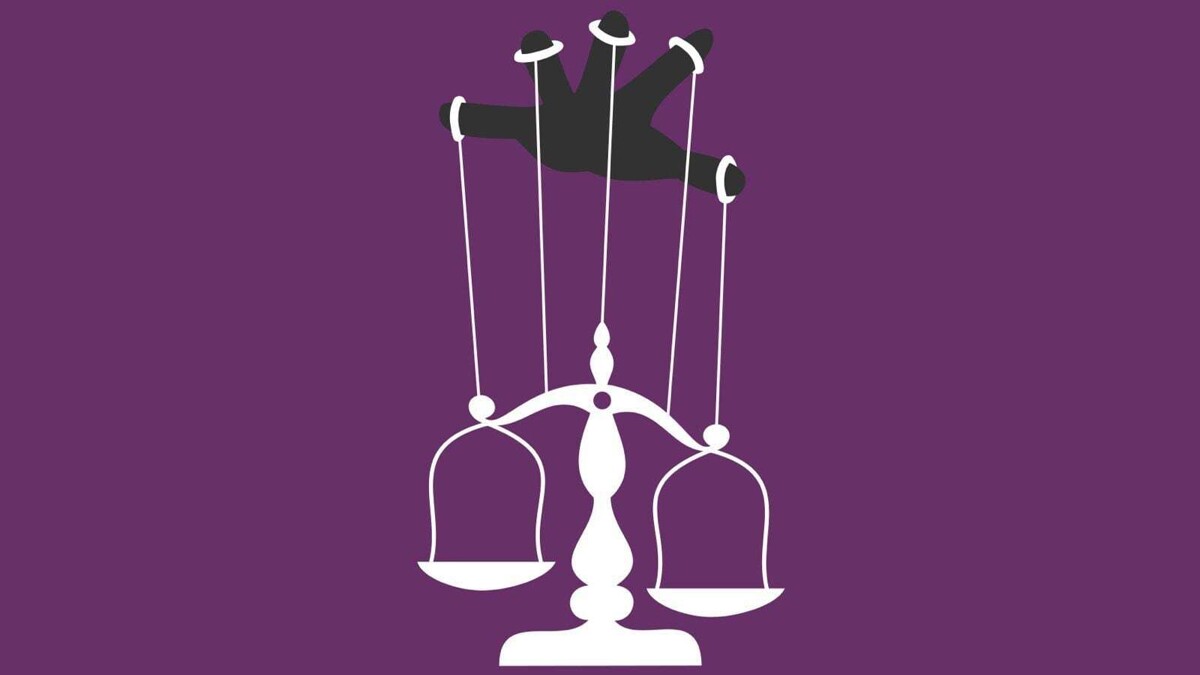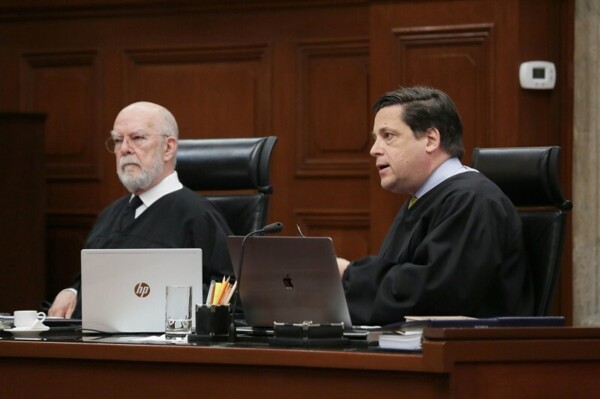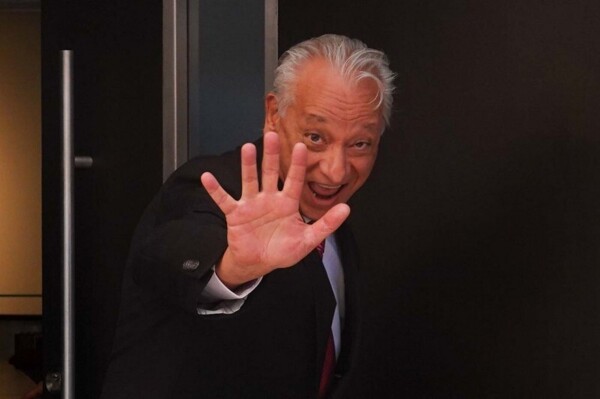
The Supreme Court of Justice was about to determine whether the judicial reform could have been unconstitutional. However, today the deputies and senators have assigned it a new task: to define whether the amendments to the Constitution aimed at preventing its first intervention are congruent with the same Constitution.
This is the wording of its article 61, section I. The amparo has naturally been inadmissible against the amendments to the Constitution for some time. With the admission of claims filed against the judicial reform, which is a constitutional amendment, the discussion has reopened about whether the Judiciary has the authority to judge the validity of the processes of addition or amendments to the Constitution, including the inadmissibility of amparo against the additions or amendments to the Constitution.
If a ruling were to invalidate the judicial reform, it would create a discouraging scenario for the 4T but a very promising one for the rule of law. Anticipating this possibility, the deputies and senators of Morena have initiated the procedure to elevate the inadmissibility of amparo and any other means of defense against the amendments to the Constitution to constitutional rank.
The claims have been admitted, and the criteria of the ministers of the Supreme Court of Justice may be crucial to determine whether the constitutional regime has or has not been violated by the other powers to its own detriment. The Supreme Court is the only power of the Federation capable of qualifying the validity of the amendments to the Constitution in order to avoid changes that affect the model of State established by the Nation.
The Supreme Court of Justice has decided not to interfere in the processes of reform to the Constitution, acting as a permanent reviewing and reforming body of the Legislative, except for some formal exceptions. Its criteria have favored the inadmissibility of amparo as a means of constitutional control against the amendments to the Constitution.
In 2013, the Amparo Law incorporated criteria from the courts to convert them into current law. There is concern about whether any type of constitutional deliberation can be invalidated in the constitutional text by the Judiciary of the Federation, which could break the republican government regime of Mexico since its foundation.
Judicial autonomy and the arbitral clause are fundamental in this context. Even if a cause for inadmissibility of the constitutional control trials against amendments to the Constitution is established, the Judiciary will have the necessary autonomy to define its competence. Submission to arbitration seeks to avoid the invalidity of the judicial reform and maintain constitutional stability.
Since the last century, the division of powers in Mexico has been raised, highlighting the role of the Judiciary in the interpretation of laws and the administration of justice. The Supreme Court of Justice has the responsibility to guarantee the balance of powers and the legality of the amendments. In the face of this challenge, the goal is to strengthen the judicial system without infringing on its autonomy.
In conclusion, despite the attempt to limit the competence of the Supreme Court of Justice, the independence of its criteria and its judicial function continue to be decisive in the search for a solid and equitable legal system in Mexico.














